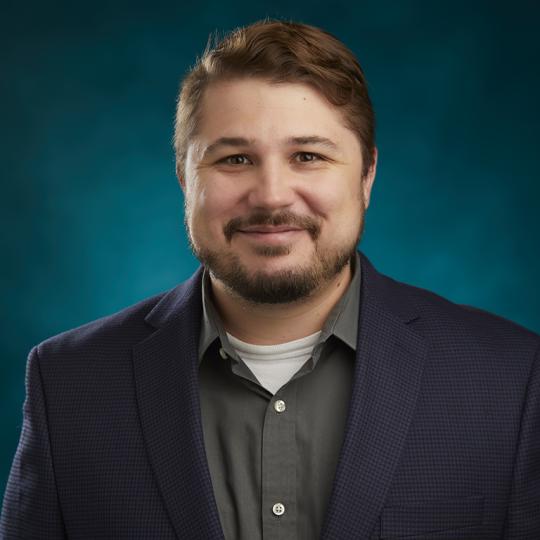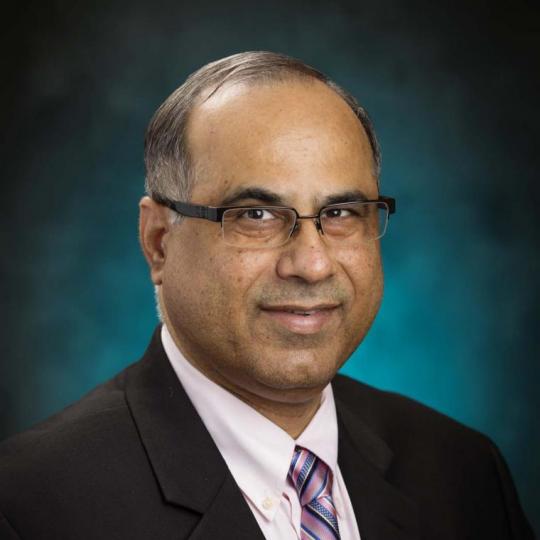Cerebrovascular Disease
Overview
The term “cerebrovascular disease” refers to atherosclerotic plaque buildup in the arteries supplying blood to the brain, which puts afflicted patients at risk for disabling stroke. By far the most commonly affected arteries are the carotid arteries which are located in the front of the neck. Most patients at risk have no symptoms until their initial stroke, which may leave them with a permanent disability or, if they are fortunate, resolve completely. Typical symptoms of a stroke include numbness or paralysis of one side of the body, inability to speak, blindness of one eye, or garbled or slurred speech. Patients who experience such symptoms should proceed promptly to an Emergency Room for treatment to reduce the permanent damage from the stroke. Patients who experience complete resolution of their symptoms should not be falsely reassured, as their risk of subsequent stroke over the next several months is high without treatment.
There are a number of different diagnostic tests of varying degrees of expense and invasiveness that can diagnose atherosclerotic narrowing of the carotid arteries. Patients without symptoms are best screened with a duplex ultrasound assessment of their carotid arteries performed in the non-invasive vascular laboratory. This painless test is the least expensive and least invasive of all of the types of scans and can detect the presence of significant narrowing caused by atherosclerotic plaque which correlates with the risk of stroke. In patients actually experiencing a stroke, CT or MR assessment of the carotid arteries may be performed instead at the time of a scan of the brain to assess the damage caused by the stroke. Duplex ultrasound is the most common means of following carotid artery narrowing in patients with an insufficient severity of narrowing to recommend treatment at the time, for progression of their narrowing to more critical levels in need of treatment.
Patients who have experienced stroke symptoms related to carotid artery narrowing, or those with no symptoms but a significant severity of narrowing, should be treated to reduce their risk of stroke. Presently, carotid endarterectomy, an operation that cleans out the plaque in the carotid artery, is the recognized best treatment to prevent disabling stroke. In some instances, carotid artery stenting may be the preferred option, but most patients do not fit the narrow guidelines for this type of treatment, which attempts to stabilize the atherosclerotic plaque rather than removing it. Your vascular surgeon, a vascular specialist capable of diagnosing the condition and treating it by either surgery or stenting, is in the best position to objectively assess your situation and recommend the most appropriate treatment for you.
Atherosclerosis (also known as arteriosclerotic vascular disease or ASVD) is a condition in which an artery wall thickens as a result of the accumulation of fatty materials such as cholesterol.
Conditions
Our providers
Why SIU
Continually learning
With a focus on continual improvement, our doctors take the time to research, study and innovate to provide the latest treatments for our patients.
Patient-first experience
Our care ranges from primary care physicians to specialists and sub-specialists who have advanced training. We're here for you when you need us.
Breakthrough tech
Continually teaching the next generation of doctors, our physicians use the latest developments in procedures and technologies for our patients.










